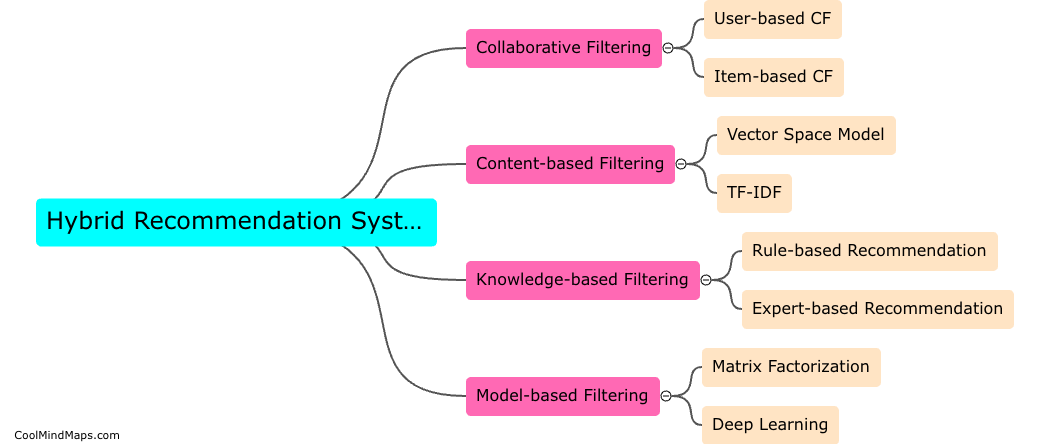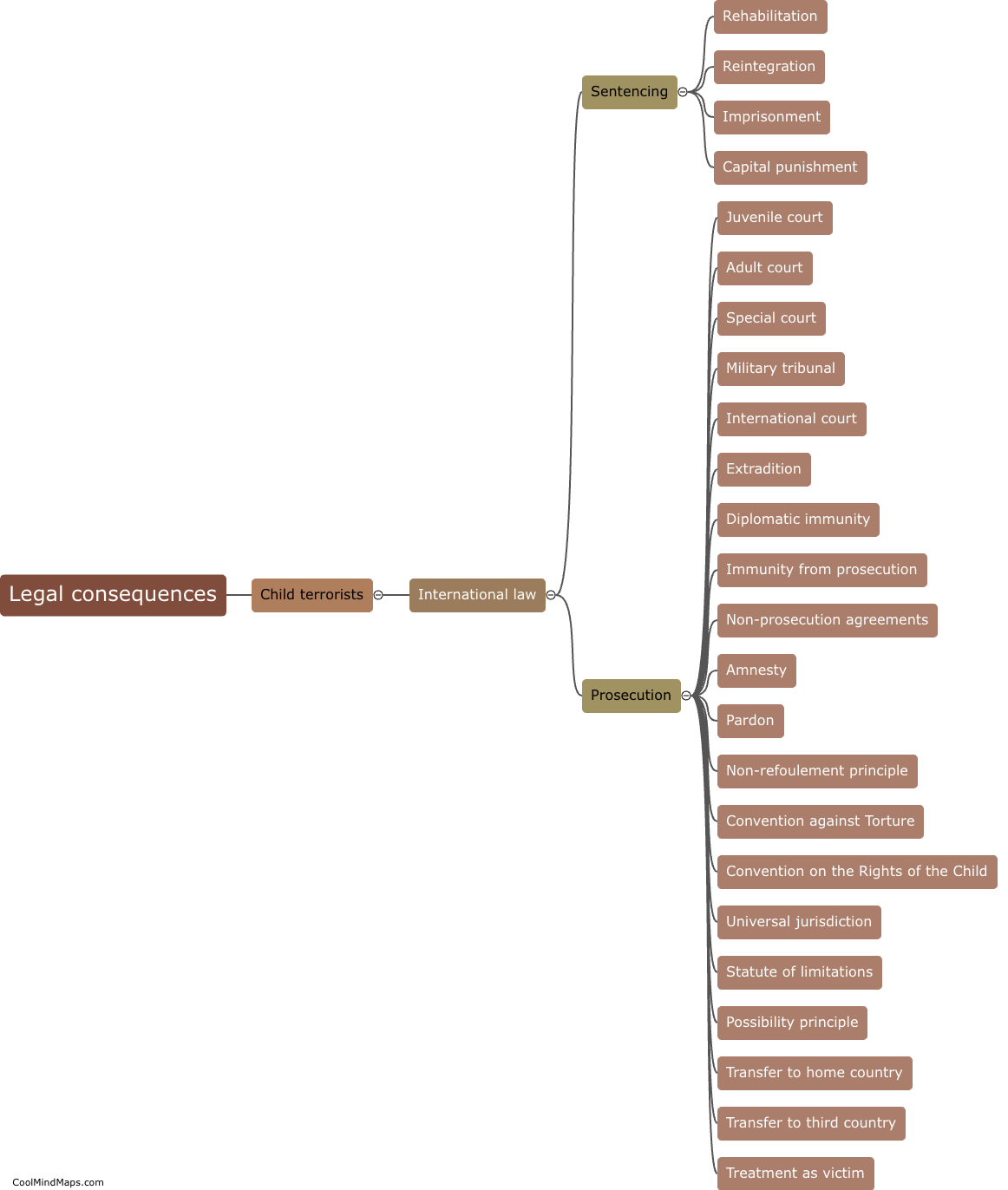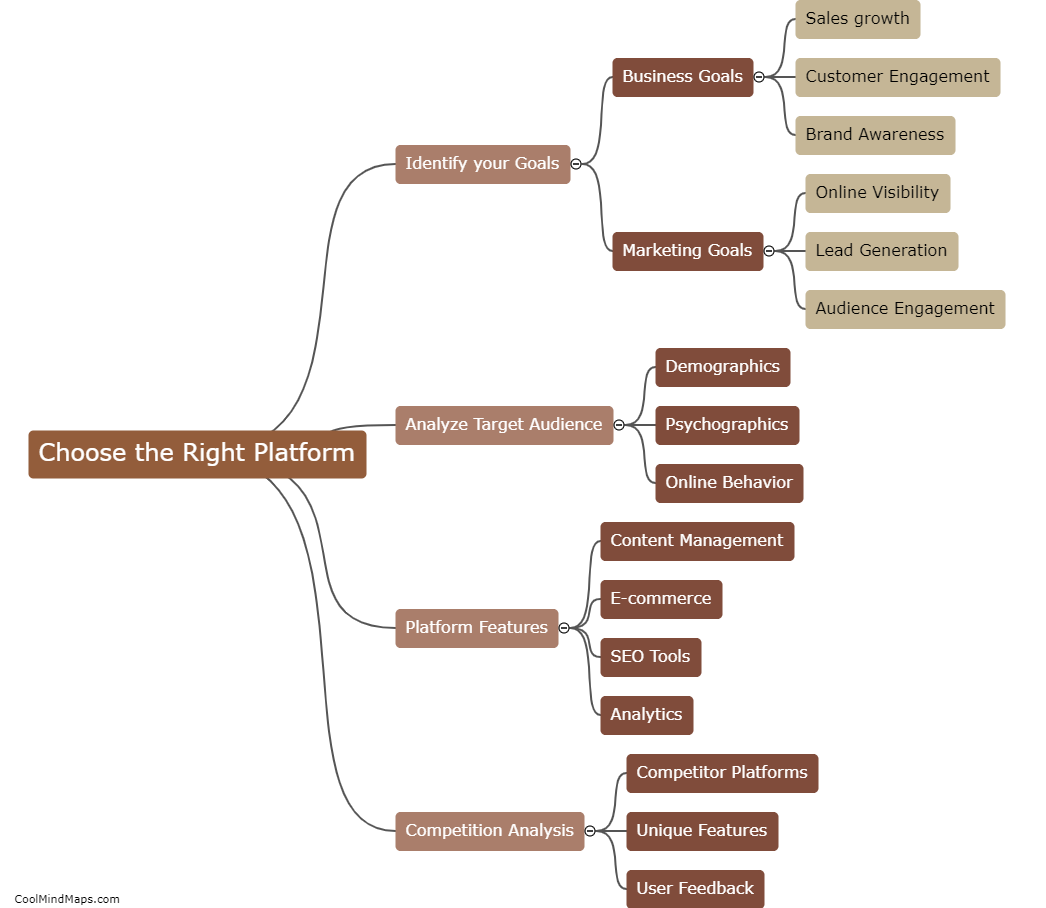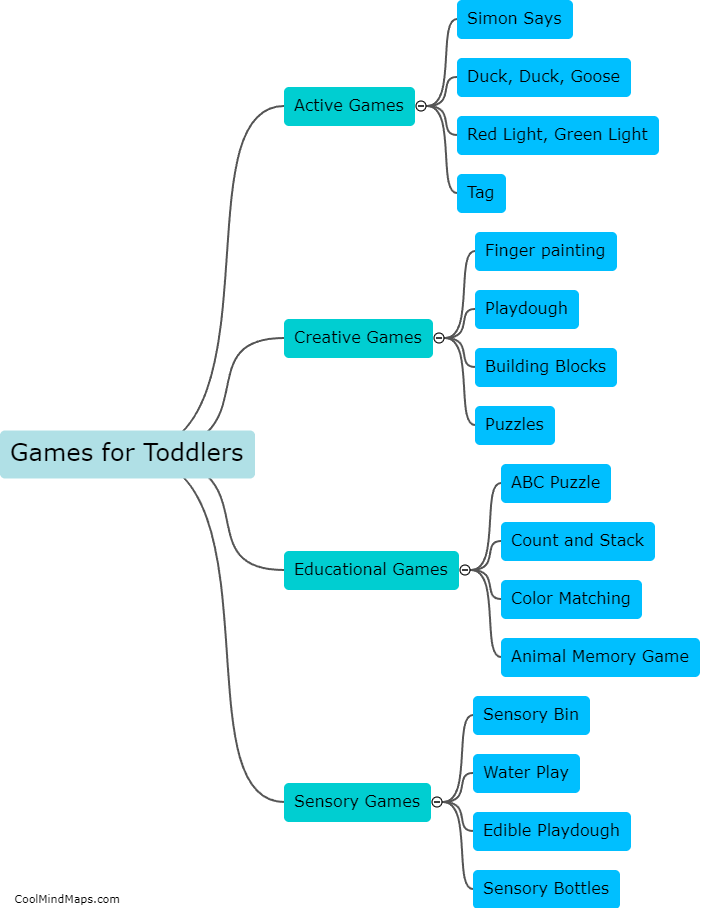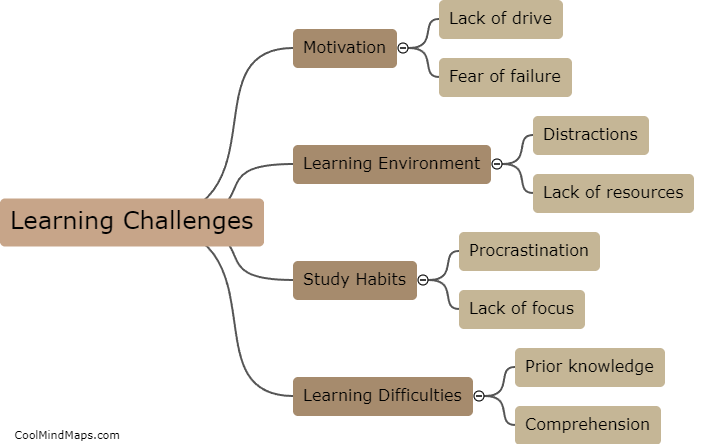What are the paradigms in Psychopedagogy?
The paradigms in psychopedagogy refer to the different theoretical perspectives and approaches used to understand and address the processes of teaching and learning. Some key paradigms in psychopedagogy include behaviorism, which focuses on the observable and measurable behaviors of learners; cognitivism, which emphasizes mental processes like attention, perception, memory, and problem-solving; constructivism, which highlights the role of learners in constructing knowledge and meaning; and sociocultural theory, which looks at how social and cultural contexts shape learning. These paradigms represent different ways of conceptualizing the teaching and learning process, and they are often used by educators to inform their instructional strategies and methods.
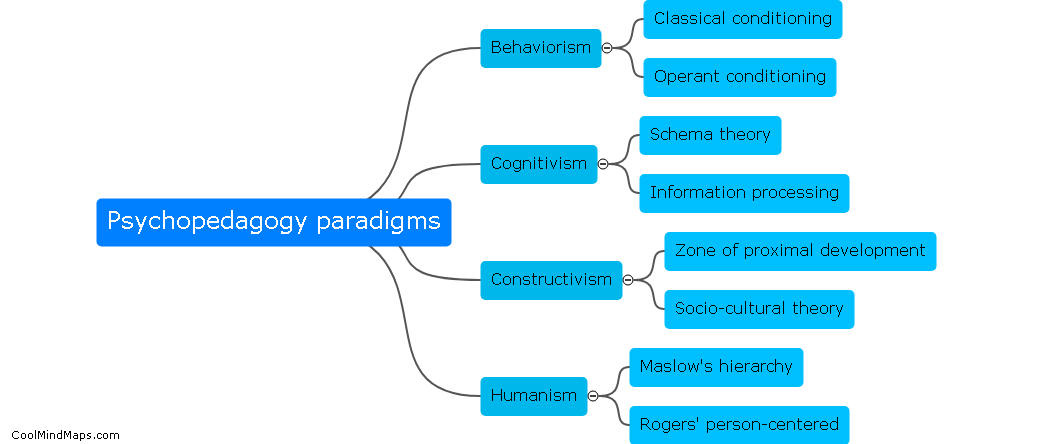
This mind map was published on 17 May 2023 and has been viewed 124 times.
